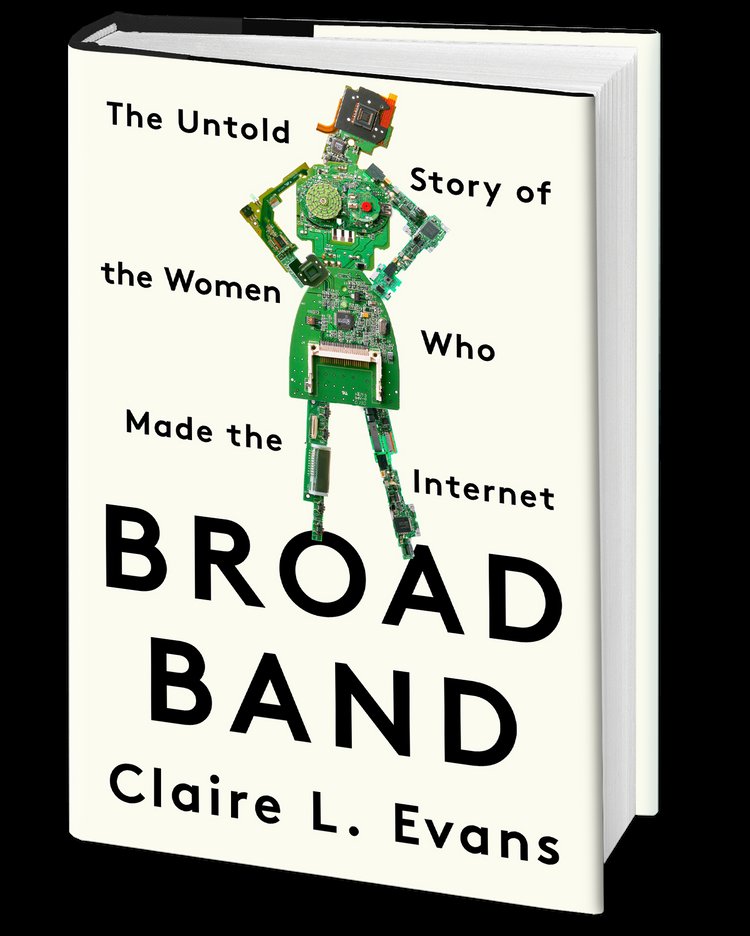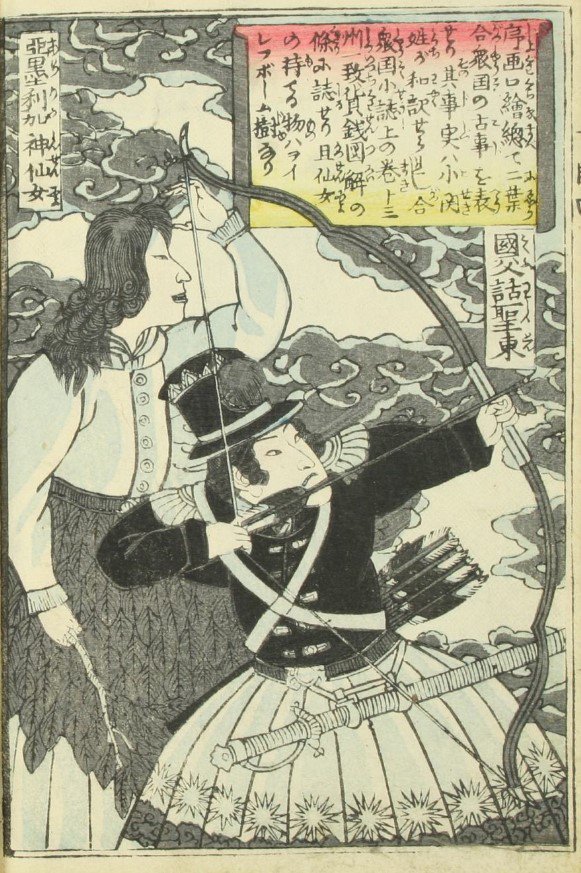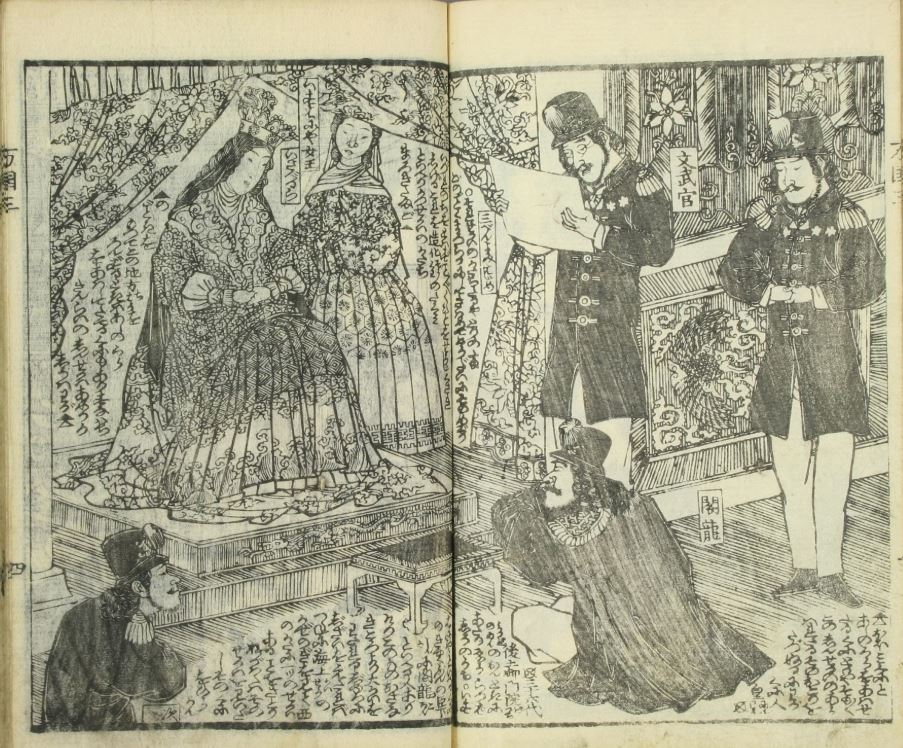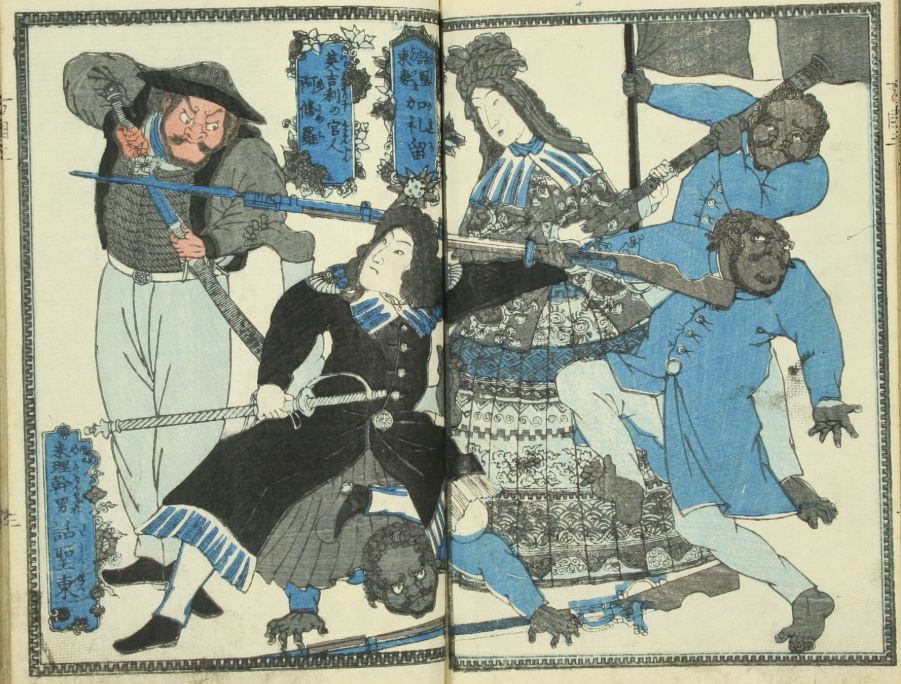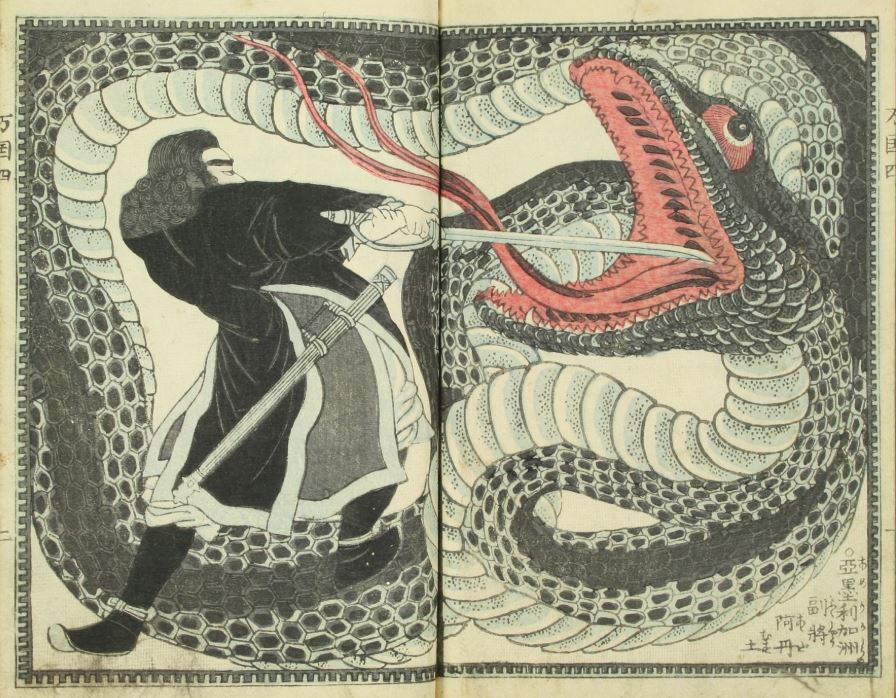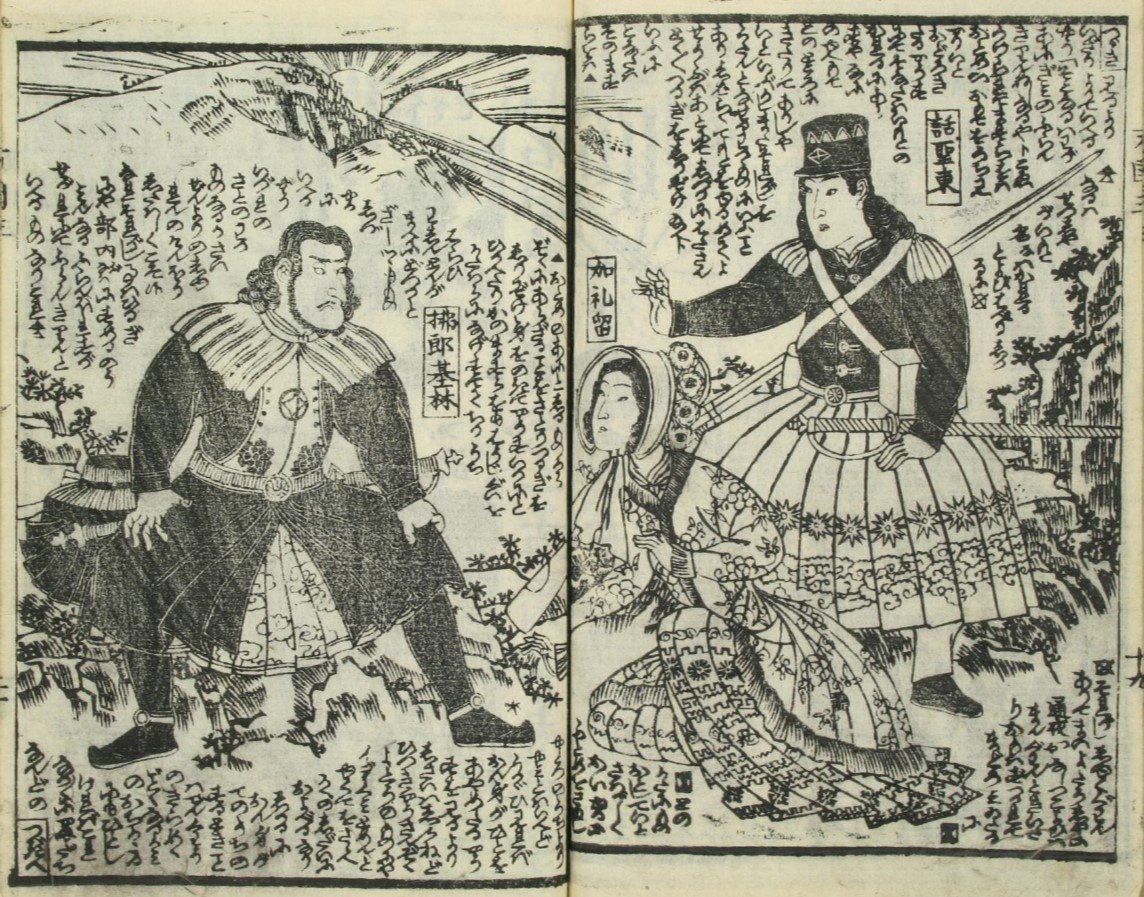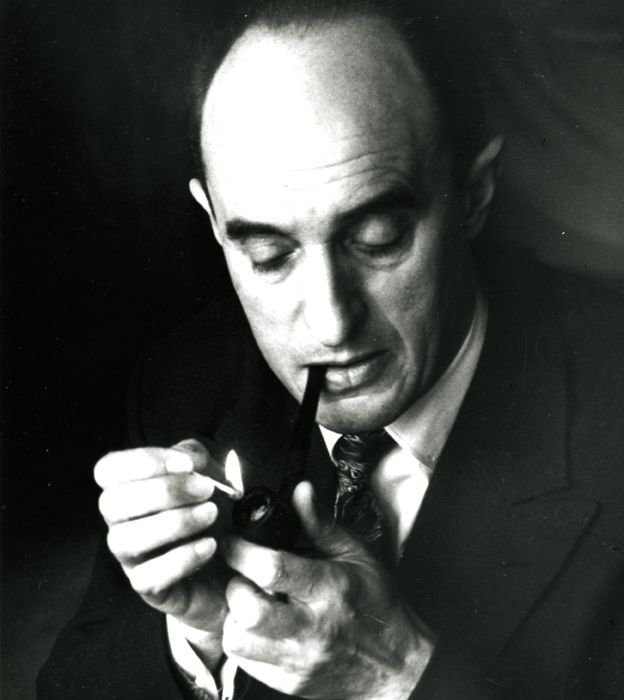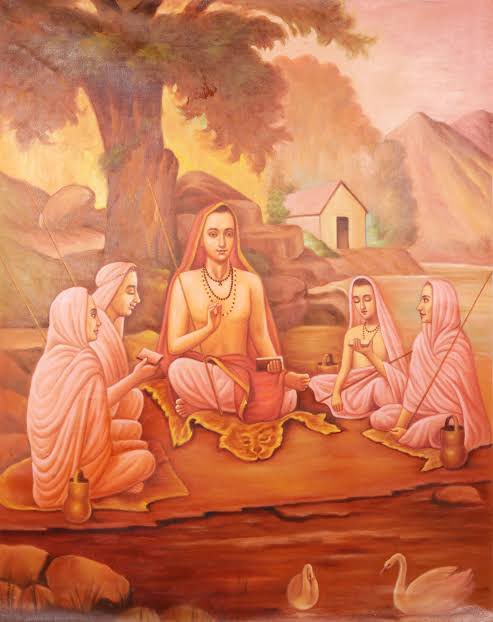French does a great job describing honor as an ethical system in which your worth and identity depends on how others see you. If your claims about yourself are challenged, violence (or rhetorical violence) is an ethically "righteous" response in an honor culture.
French writes, "This approach represents a dramatic contrast with biblical commands to “turn the other cheek” or to “bless those who persecute.” Instead, the shame/honor imperative is to punch back, hard. Any other approach...risks the well-being of the community." Exactly.
I saw this tension between honor and Christianity all the time in 19th c. church disciplinary records where men explained to fellow church members how they had to fight somebody who insulted them (or their mother, wife, family, etc.) even though they knew it was sinful.
I began calling it the "I know it was wrong, but I still had to do it" defense. If you live in the South, you've heard a version of it.
French uses this lens to explain recent outbursts by evangelical figures like Franklin Graham and Dave Ramsey, but I think it might explain even more than that.
Honor is fundamentally concerned with appearance, with accepted opinion, and not with truth or reality (sound familiar?). What matters is that your claims about yourself, your version of events, is accepted, or at least not contradicted. Truth matters less than affirmation.
Presenting evidence that contradicts claims about, say, an election, will never change minds in a culture like this. What matters is what you feel to be true, and whether people respect that or not. If they dismiss you as deluded or foolish, you will feel shamed, and react.
In this sense it matters HOW disagreement is presented, i.e. in such a way that it doesn't directly challenge or contradict a claim, but does it in such a way that it leaves room for a person's sense of the worth of their claim, which is related to their own self-worth.
(For instance, I've done this by acknowledging that, yes, there is usually some fraud in every election, before continuing to make the point that there is little evidence that this election was any better or worse in that regard.)
At any rate, if folks want to read more about the history of this fusion between honor and evangelicalism, let me recommend some books.
First is Christine Heyrman's Southern Cross. I disagree with parts of her argument, but it's a wonderfully written book.
https://t.co/NCHK5aRZrC
Next,
@LynnLyerly's Methodism and the Southern Mind.
https://t.co/rekqQ0vUgp
And, finally, my own book, which is squarely on this cultural and ethical intersection in southern life and how it came to be in the 19th century.
https://t.co/Uj8HtTFJE1
And if you don't want to read the whole book, here's an interview I did that will give you the gist.
https://t.co/6YgVSmsNLw





